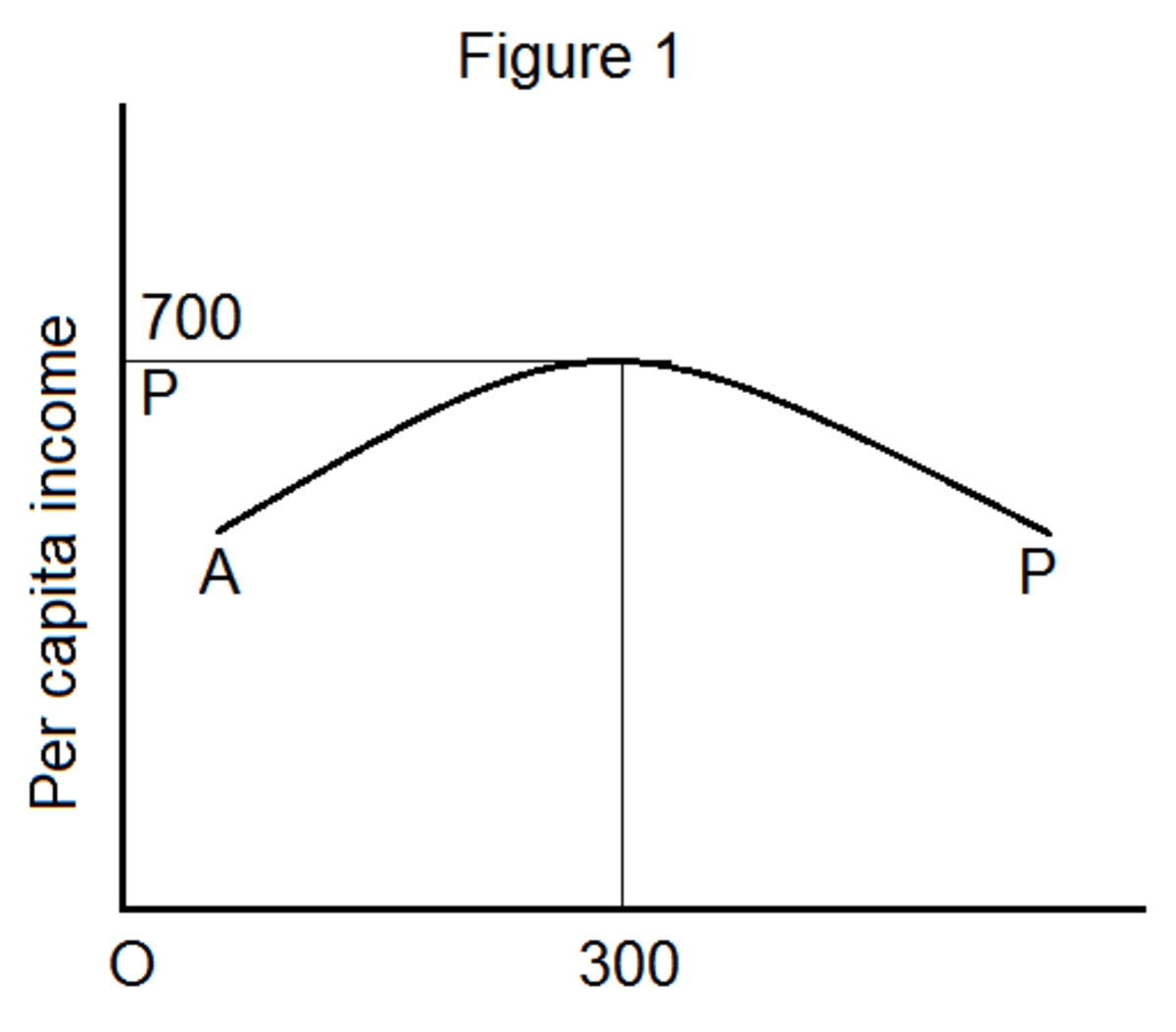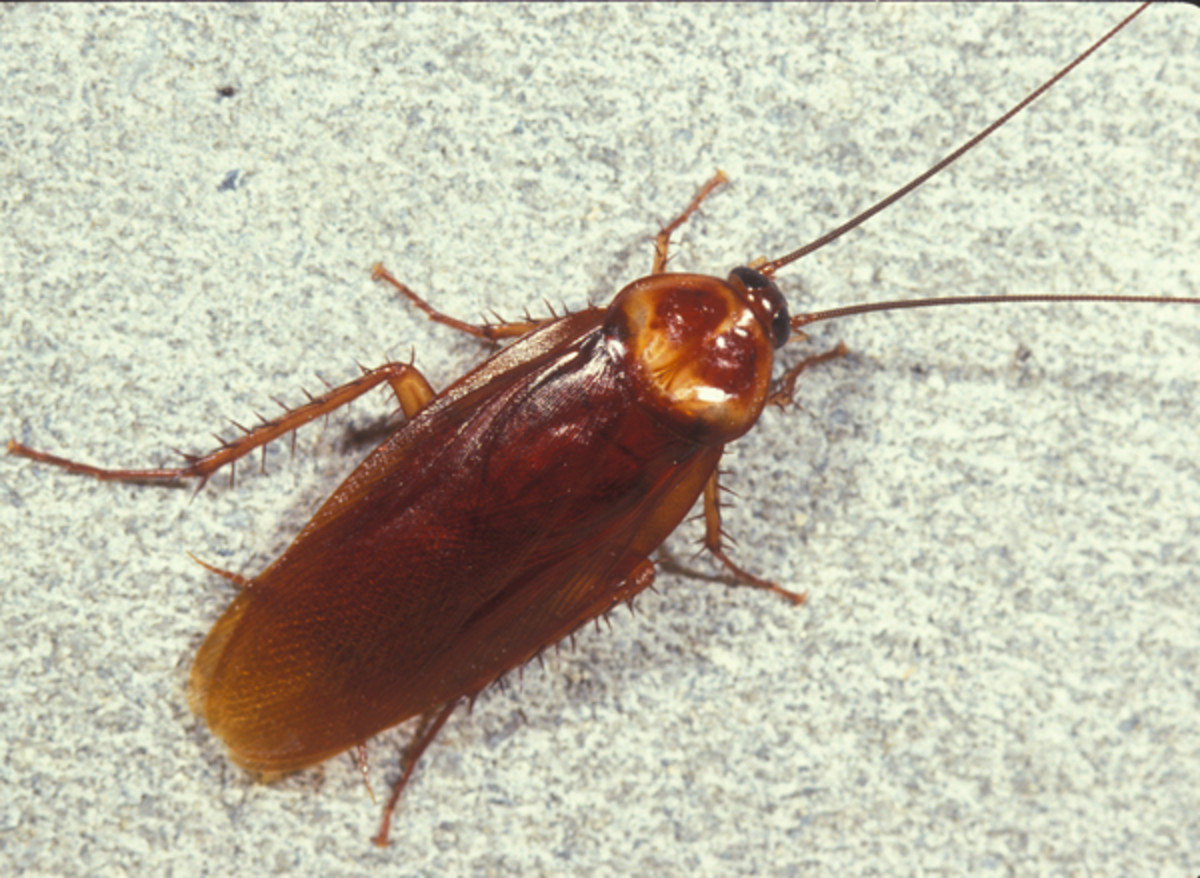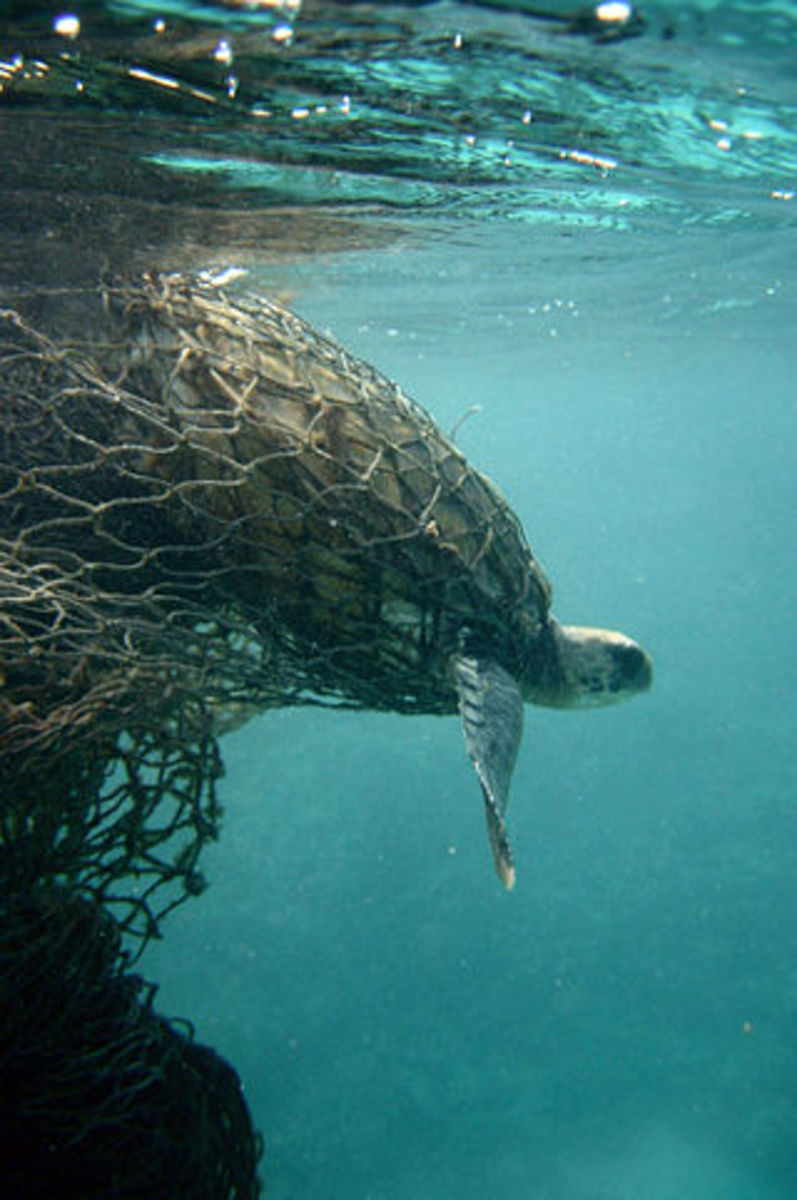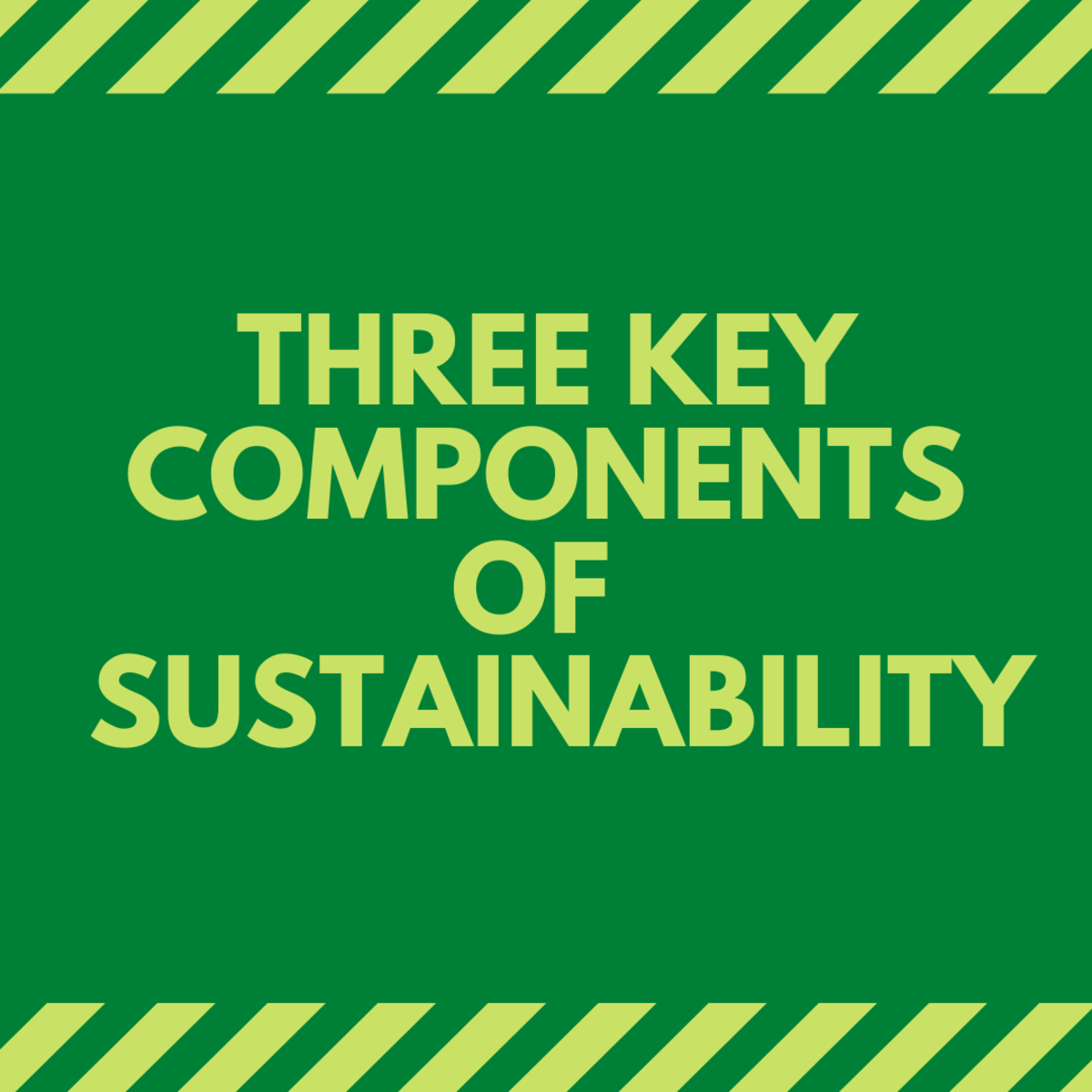The War for Water: Conflict Over Natural Resources
Human beings use water in almost every aspect of their lives. However, what would we as a people do if water was not so easily available? Would society continue to function without easy access to clean, consumable water? If not, what would we be willing to do for the control of usable water? Would we be willing to go to war for it? Many experts believe that a water shortage is imminent and governments should be prepared to fight for access to ever-diminishing natural resources
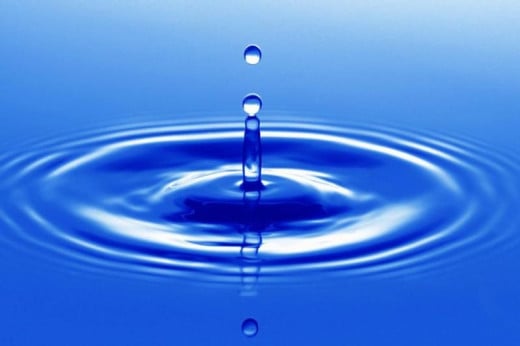
How Water Builds Societies
n 1985, Egypt's minister of foreign affairs warned that the next great war would be fought over water, not politics. According to more recent reports and studies, it seems his prediction may be correct. For any society, water is a clear sign of prosperity and stability. However, with the world population growing exponentially, greater access to clean water for the increasing number of people is already causing international tension, and several hostile conflicts.
In areas where a number of nations rely on the same water sources, conflicts may arise to determine which nation has the most, or the exclusive, control of the water source. In the Middle East, approximately 5% of the world's population survives on just 1% of the world's clean water and this precious resource has been the cause of many disputes. In 2002, Israel threatened retaliation when it was discovered that Lebanon was pumping water from a subsidiary that led into the river Jordan River. Palestinians have, in turn, threated the Israeli government, arguing that Israelis on the West Bank control and use about four times as much clean water as their Palestinian neighbors.
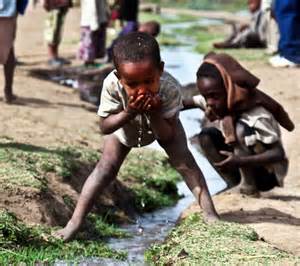
How to help the world?
What do you think is the best way to get clean water to those who don't have it?
Tension Over Control of Water Access
In areas where a number of nations rely on the same water sources, conflicts may arise to determine which nation has the most, or the exclusive, control of the water source. In the Middle East, approximately 5% of the world's population survives on just 1% of the world's clean water and this precious resource has been the cause of many disputes. In 2002, Israel threatened retaliation when it was discovered that Lebanon was pumping water from a subsidiary that led into the river Jordan River. Palestinians have, in turn, threated the Israeli government, arguing that Israelis on the West Bank control and use about four times as much clean water as their Palestinian neighbors.
WIth the global population increasing at 1.1% annually, it seems likely that clean water may eventually run out. As the population increases, so the needs of the people increase as well, and greatly tests our planet's ability to provide for us. For individual nations, the tension over accessing and controling natural resources could likely lead to armed conflicts. Human beings use water for every aspect of life, from the more obvious uses such as drinking, cooking, and cleaning, to the less apparent, such as watering crops and livestock. While the average person may consume about two liters of water a day, it can take in excess of 1,000 liters to produce an individual's daily food. Water's other functions also account for the vast amount used by industrialized nations.
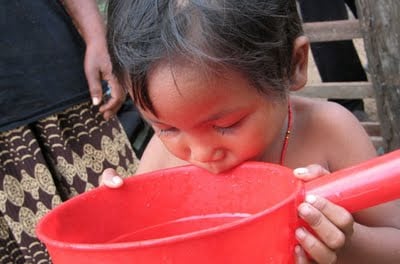
Former Russian president Mikail Gorbachev, who is currently the head of the International Green Cross, has expressed his concerns that many countries have not made a firm enough commitment to water conservation. He has stated that, if countries do not agree to cooperate with water use and conservation regulations, the world would be facing a 'grave situation.' Natural fresh water is slowly disappearing from our planet, and the growing human population is using more resources than ever before. As water slowly disappears, governments will be entrusted with the task of providing citizens with access to clean water.
The Future For Water
The wars of the future will not be about political disputes, or gaining territory. Rather, wars will be fought to gain exclusive access to a reliable source of water. The UN has stated that consumable water will become a scarcity as early as 2050, and that 1 in 3 people will be affected by water shortages by the year 2025. With the water shortage, it is expected that crop production will decrease by as much as 23%, leading to a food shortage as well. Countries will not be able to produce their own food, or be able to afford to import any from more resourceful nations. This lack of resources will most likely breed dissent, and if action isn't taken soon, the world could face another world war - over the control and availability of the most basic requirement of human life, water.

